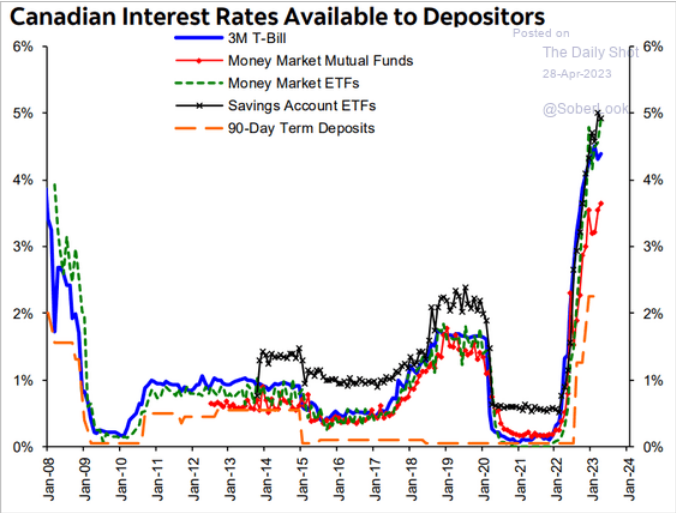April 28, 2023
AI and jobs
Goldman economists see AI complementing two-thirds of US jobs (BN)
There is a headline for you. Barely anything touches 2/3rds of jobs.
A combination of significant labor cost savings, new job creation and higher productivity for non-displaced workers would likely result in an output boom that would raise global economic growth “substantially,” Goldman economists led by Jan Hatzius wrote in a note Sunday.
The analysis is over-optimistic on several fronts. They are purposely underestimating how much power is needed to run AI systems, how expensive that is, and the geopolitics at play over the production of the infrastructure to run all that AI.
However, it is hard to overstate how significant AI systems will be to work as it is today. If you are not learning how AI systems can help what you are doing, you are frankly doing it wrong.
For the labour movement, this is something we cannot leave to capital to work out.
Contrary to some narratives, regulation of AI and applications of machine learning is not impossible or even that technically difficult. The hurdle in regulating this industry is political.
Just as with major changes to structures of work such as the automobile, the word processor, the internet, the commodification and expansion of social media, and the mobile digital phone, AI is going to require public infrastructure to work. It is this infrastructure that is where we can regulate things.
- AI research is still done through public financing.
- Researchers still come out of universities.
- Data is gathered from the public and stored in databases.
- The algorithms are written in readable code and documented in spoken language.
- The chips are designed and made by companies in a process that can take years.
- The energy to run the servers are purchased and connected by people.
- The tools implemented at the corporate level are like other tools, they can be limited, shaped, and laws and frameworks can be written to regulate their use. Just like any other computer or industrial system that generated negative "externalities".
This industry is not magic. It does not move quickly and break things. It is a massive industrial system of physical things and people doing labour.
We need to think of it as important and the left needs to outline its vision of a world where productivity and AI support is not a dirty word, but where the value gain goes to workers and not directly into the pockets of capital.
Macro-level productivity gains is the goal of capital. The system cannot provide growth and space for development without it. It is this process that makes capitalism so dynamic and so destructive.
The next few years will make this very clear.
Climate and finance and investment
- TotalEnergies (from France) has divested from the Alberta oil sands by selling the assets to Suncor.
- This comes on the heels of BP pulling out of the oil sands business by selling to Cenovus Energy.
These changes mean that more and more of the extractive industry in Alberta is ending-up in fewer Canadian company hands.
These are not companies afraid of generating CO2, they just do not see a future in the oil industry in Alberta.
However, there are other companies and investment banks facing larger and larger pushes from their share holders to shift direction and invest in less climate damaging activity.
The major investment banks in the USA reported that 1/3rd of their institutional shareholders backed a resolution for sustainable investment strategies. This even after the boards of those companies told shareholders to vote against the resolutions.
While I am in no way supporting the idea of shareholder activism as a meaningful way to avoid climate change, it is fun to watch the angst of large capital play out so publicly.
The reality is that divestment does not change investment, it just changes who is investing where.
Real changes will come from the demand side of the equation. And, this is shifting. Slowly.
The shifts are going to be too slow to stop most of the climate catastrophe from happening. At least without some major state involvement—policy that is not on any party's docket. But, the shifts are happening.
Shifts, no matter what their speed, mean transition is happening and going to be necessary for the left to build out a program that is more than simply saying "Just Transition" and then saying "Fairness for Workers" when right wing politicians attack the phrase (and reality) on Twitter.
Saving money?
Not many of us have money in the bank. If you do, here are your saving rates.
